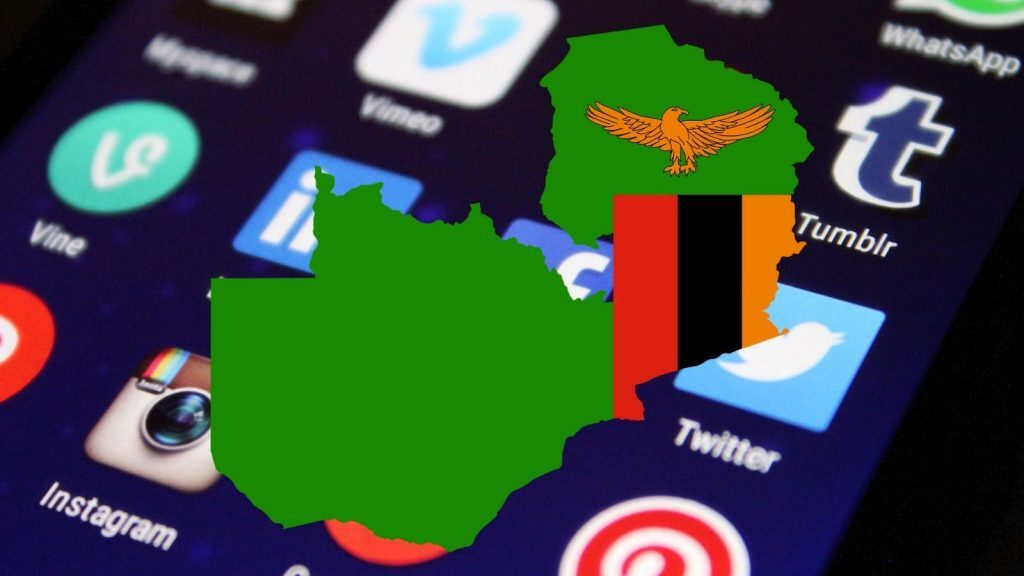Social media is a powerful thing. Whether that’s good or bad really depends on the situation but it’s powerful enough that Zambia, which yesterday conducted its general elections, was reported to have shut down the country’s access to WhatsApp, Twitter, and Facebook’s suite of apps as voting was taking place.
What happened in Zambia?
⚠️ Update: Real-time network data confirm that social media and messaging platforms including Twitter, Facebook, Instagram and Messenger are now restricted in #Zambia on election day in addition to the earlier WhatsApp restriction #ZambiaDecides2021
📰 https://t.co/pTzmnesKzP pic.twitter.com/Nw58eCTfu8
— NetBlocks (@netblocks) August 12, 2021
Several groups, including Access Now and NetBlocks, reported that the country had blocked access to WhatsApp and other social media platforms. That the Zambian government was considering taking this step during its elections was first reported last week by the Lusaka Times.
Initially, Zambia’s government denied reports that it was considering a social media blackout, but it followed up with a statement by the country’s Information and Broadcasting Services Permanent Secretary Amos Malupenga, who ahead of the shutdown said, “Government, therefore, expects citizens to use the internet responsibly. But if some people choose to abuse the internet to mislead and misinform, Government will not hesitate to invoke relevant legal provisions to forestall any breakdown of law and order as the country passes through the election period.”
The Zambian government is expected to keep access to social media restricted as of yesterday, all the way through to Sunday, 15 August, when vote counting is expected to be completed. NetBlocks explains that citizens in that country can currently circumvent the block using VPN services. There have already been incidents of violence reported before the elections kicking off. This social media shutdown might dampen some instances of further violence but it will also make it more difficult to react to possible flare-ups and let citizens move out of potentially dangerous situations.




